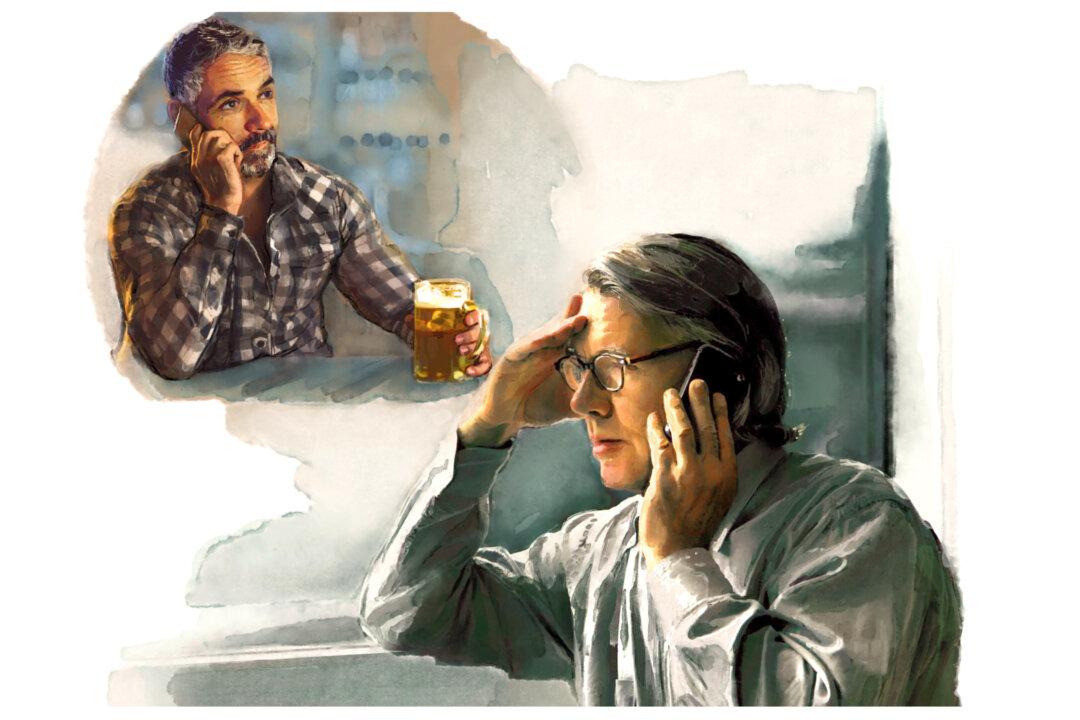Dear June,
What can I do about my brother, a drunk who gets angry and is very difficult to deal with? He does not live in the same state as myself, so is easily ignored.

Dear June,
What can I do about my brother, a drunk who gets angry and is very difficult to deal with? He does not live in the same state as myself, so is easily ignored.